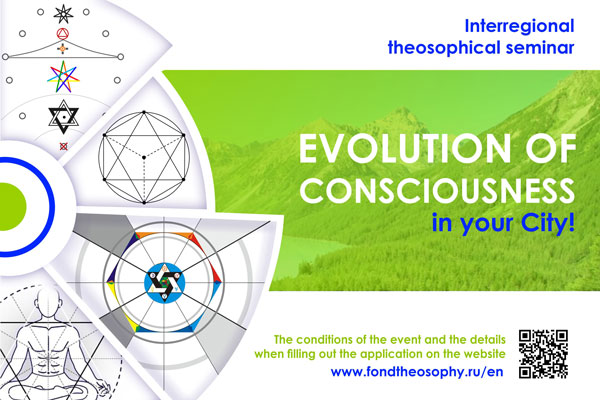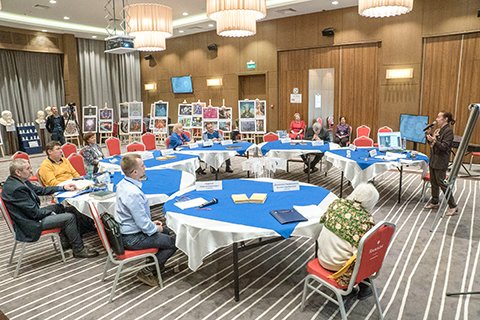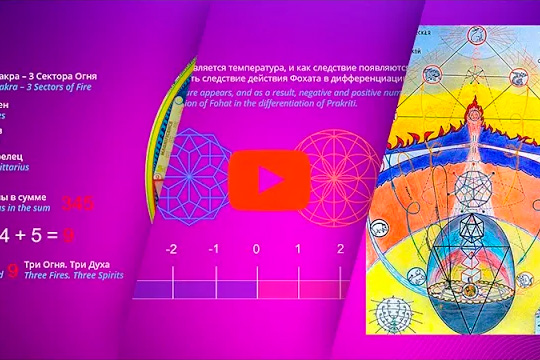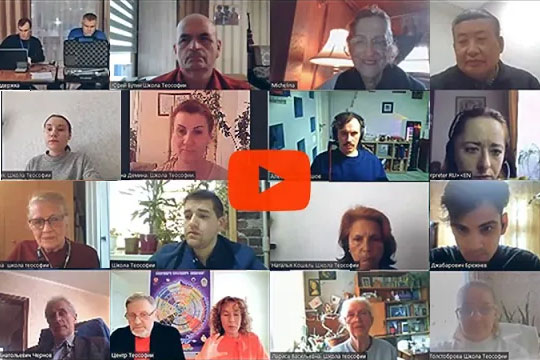Nikola Tesla
Nikola Tesla (July 10, 1856, Smilyan, Austrian Empire - January 7, 1943, New York, USA) - inventor in the field of electrical and radio engineering of Serbian origin, scientist, engineer, physicist. Born in the Austrian Empire, raised in Austria-Hungary, in the following years he mainly worked in France and the USA. In 1891 he received US citizenship.
It is widely known for its contribution to the creation of devices operating on alternating current, multiphase systems, a synchronous generator and an asynchronous electric motor, which made it possible to carry out the so-called second stage of the industrial revolution.
He is also known as a supporter of the existence of ether - thanks to his many experiments and experiments aimed at showing the presence of ether as a special form of matter that can be used in technology.
The unit of measurement of the magnetic flux density (magnetic induction) is named after the inventor. Among the many awards of the scientist are the medals of E. Cresson, J. Scott, T. Edison.
Biographical contemporaries consider Tesla “the man who invented the 20th century” and the “patron saint” of modern electricity.
After a radio demonstration and victory in the Current War, Tesla was widely recognized as an outstanding electrical engineer and inventor. Tesla's early work paved the way for modern electrical engineering; his early discoveries were of innovative importance. In the USA, by his fame, Tesla could compete with any inventor or scientist in history, as well as in popular culture.













